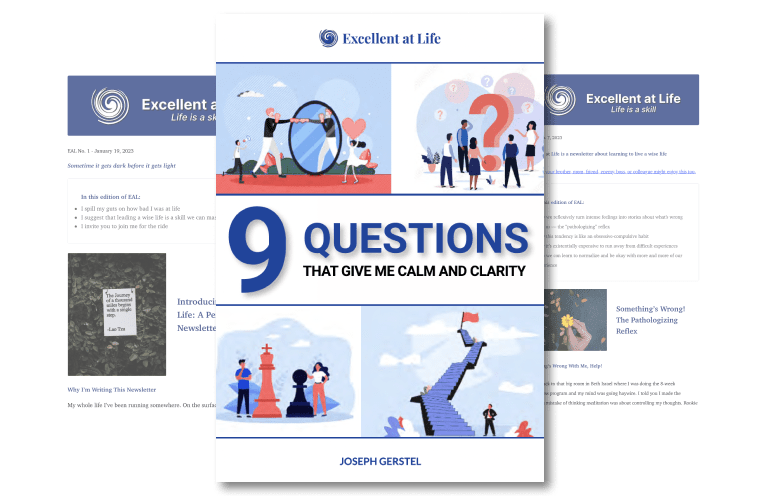Many of you know I come from a rather traditional Jewish background. (If you didn’t, now you do.) The particular microculture I grew up in was a poor fit for my quirky mind and emotional sensitivity. As a young adult I grew very angry towards my childhood environment.
I resented its insularity, its dogmatism, its insistence on a very scripted form of life that felt like I was a tree squished into a box. I resented the excessive regulation of minutiae that had me obsessing incessantly, living to the constant hiss of guilt. Ssssssss…..
I burned with animosity. I hated so many people.
I hated the world.
But most of all I hated myself.
I hated my naivete — why did I take it all so seriously?
I hated that I spent my youth studying things because I was told to, things I didn’t enjoy but couldn’t admit to not enjoying.
I hated that people were measured by what they knew and not how they acted.
I hated that my mind wasn’t free to wander, free to rest in its own self-reliance.
I hated being at war with myself.
Hatred Masks Hurt
Over time I’ve realized that I hate because I hurt. I assumed there was some explanation for it all, some sense for why everyone around me behaved a certain way. And so I hurt because I thought it was intelligent, thought out, intentional. I hurt because I thought someone had the answer and if only I could find that person it would make sense.
I hurt because I thought it was personal, it was because of me in some way.
Hating is much, much easier than hurting you know. Hating is fighting what was, an attempt to rewind life by denying the past most strenuously, as if by squeezing hard enough you could actually change it. (I think part of us actually believes that.)
Hurting is accepting what was, letting go of the past.
Embracing Your Roots
It is very easy to live in reaction to the past. You might think of there as being three choices that you could make: You could continue walking the road laid out for you, whether by habit or choice; you could react to it and deliberately walk in the other direction, yet still be defined by it; or you could freely walk a new path.
But the truth is your past will always walk with you. It lives inside you as your memories and habits. It is the raw material you work with to spin your thread in the web of life. You cannot forget the places of your formation, be a tree with no roots. Even a new path derives from the old.
So there is a fourth choice, one which involves walking your own road, but integrating the past and seeing it with fresh eyes. Eyes that allow you to find the beauty — there is almost always beauty — eyes that allow you to understand, eyes that allow you to forgive.
Hatred and resentment are lazy. They’re the easy way out, but it’s no fun to live with them. They are poisons. Poisons for your mind, for your relationships. I’ve spent a long time ingesting them and I’ve spent a long time in loneliness and depression. It’s far more effective to stop feeding yourself depressants, than to take anti-depressants (which generally don’t work very well anyway — psychiatry is often just the mistaken medicalization of life).
Every tradition and every culture has what to learn from and whether by accident or design you cannot live a human life without being dropped into some human circle. That circle will influence you; it will provide the beginnings of your journey. Sometimes it will respect your personhood, and sometimes it will violate it. If you’re lucky, there’s some balance, but often things are out of whack.
But it’s really hard to let go. Resentment has a certain subtly addictive quality, a sense of moral superiority that blocks the hurt. The hurt is strong, not something I want to feel. But the more I am willing to see how resentment poisons my mind, the more I want to pay the price.
And so as I’ve started to do so, to feel the hurt instead of the bitterness and the anger. As it slowly sloughs off, slowly melts, I’ve also begun to open my eyes.
I’ve begun to see that it all wasn’t so thought out. That the people around me were just limited. Just people. I can see how I’m limited, how easily rattled I get, how I get angry or reactive or say hurtful things flippantly.
The more I see that, the more I let go. The more I let go, the more I forgive. The more I forgive, the more I love. And the more I love, the more I see the abundance of beauty that was hiding underneath the surface.
It all wasn’t so personal after all.
Joseph



